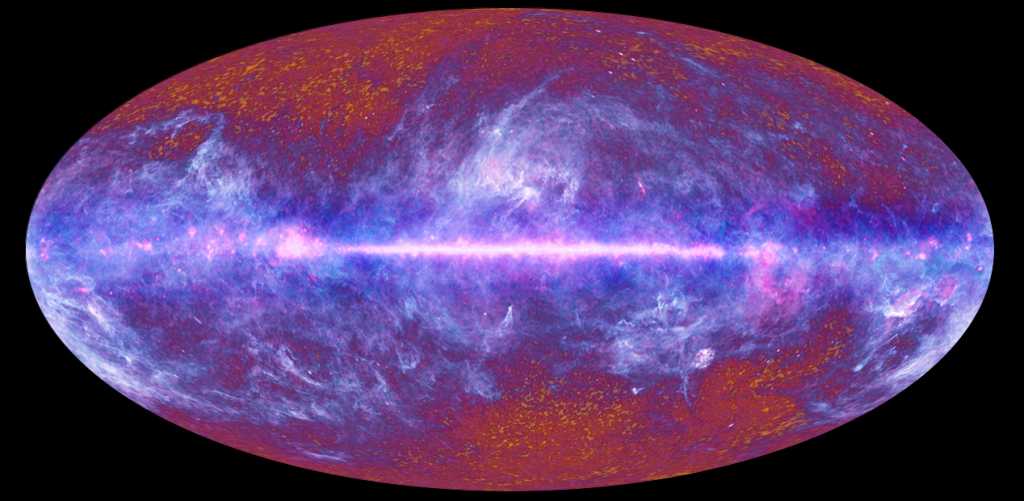Google Doodle marked the second day of Pride Month (June 2) by celebrating an astronomer, Frank Kameny, who lost his job due to homophobia and spent the rest of his life fighting discrimination.
Born in Queens, New York, Kameny began studying physics in college at just 15, according to Google. After joining the Army during World War II when he was 17, he returned to the U.S. in 1946 and finished undergraduate coursework in physics, then earned master’s and doctoral degrees in astronomy at Harvard. His research there focused on analyzing light from stars and planets.
But in 1957, Kameny took a job using his astronomy skills for the U.S. Army Map Service — then was fired soon after when he refused to answer questions about his sexual orientation, according to the National Park Service, which lists his Washington, D.C., home on its register of historic sites. He never got another full-time job using his science credentials, according to a biography included in agency documents.
Related: This pride, be inspired by Sally Ride’s legacy

Kameny struggled with poverty while protesting his job loss, which culminated in filing with the Supreme Court, which declined the case. His legal objections to his job loss based on his sexual orientation are the first on government record.
At the time, homophobia was common and the federal government had anti-LGBTQ policies amounting to a “Lavender Scare,” in parallel to the more notorious anti-communist Red Scare. Historians estimate that more than 5,000 federal employees lost their jobs because of these measures.
In particular, Kameny fell afoul of President Dwight Eisenhower’s Executive Order 10450, which included being gay among many other factors as potential security risks. At the time, the American Psychiatric Association also classified being gay as a mental illness. Kameny said that the classification was based in “shabby, shoddy, sloppy, sleazy pseudo-science” and “moral, cultural and theological value judgments cloaked and camouflaged in the language of science without any of the substance of science.”
After losing his own court battle, Kameny became an activist and co-founded the Washington branch of the Mattachine Society, a gay-rights advocacy organization, in 1961.
“We took on reform of the government as one of our prime objectives,” Kameny said in a 2003 interview. Among other activities, the group organized pickets in front of the White House.
The Library of Congress now owns more than 55,000 documents pertaining to Kameny’s lifetime of activism, during which he coined the slogan “Gay is Good.” In 1971, he became the first out candidate for Congress, when the District of Columbia first gained a non-voting member. Using his own experience and informal legal training, he fought for others on the receiving end of Lavender Scare policies.
In particular, Kameny fought to reform discriminatory security clearance policies and military draft policies. He also lobbied the American Psychiatric Association to stop classifying LGBTQ identities as psychological conditions, which the association did in 1973. Federal employment discrimination based on sexual orientation was banned only in 1998.
According to an obituary published in the Washington Post after his death in 2011, Kameny once thought of becoming an astronaut, saying, “I might have gone to the moon.”
To date, no active astronaut in NASA’s corps has publicly identified as a member of the LGBTQ community. (Sally Ride, the first American woman in space, was after her death identified as lesbian by her long-time partner; in 2019, active NASA astronaut Anne McClain was accused of inappropriately accessing her former wife’s bank account from space after their divorce.)
Email Meghan Bartels at mbartels@space.com or follow her on Twitter @meghanbartels. Follow us on Twitter @Spacedotcom and on Facebook.


